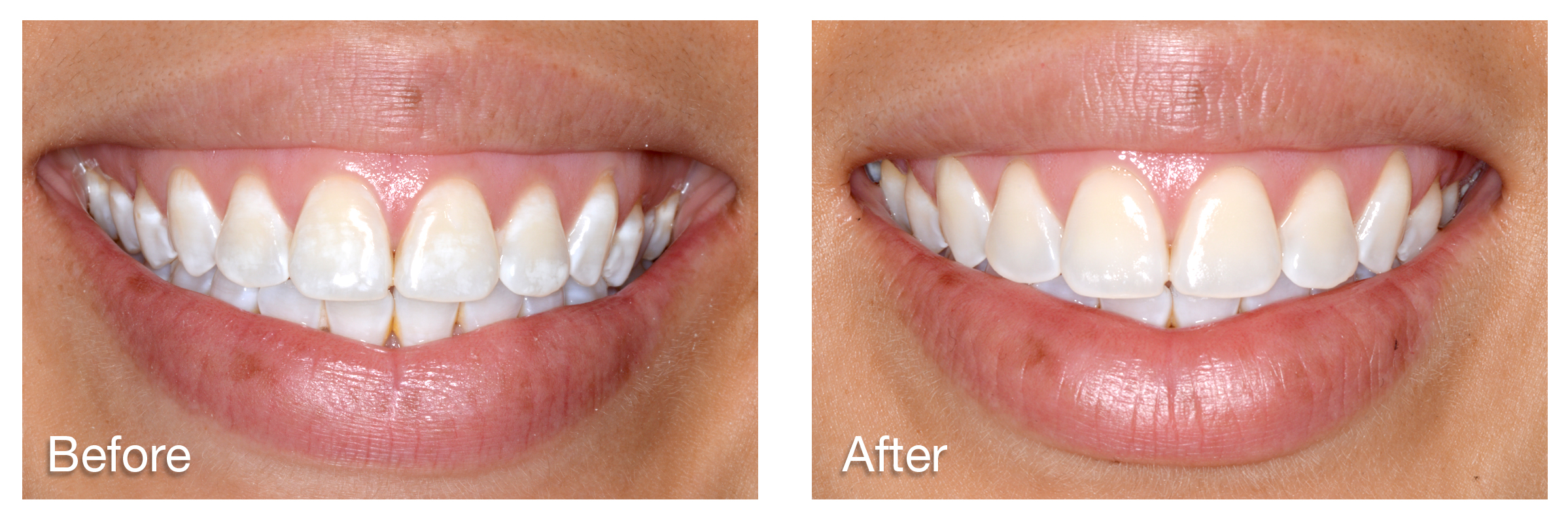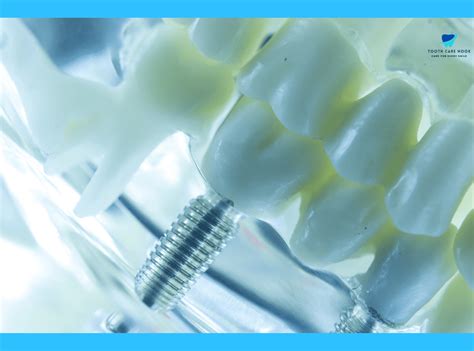White Spots On Your Teeth

The appearance of white spots on your teeth can be a cause for concern, affecting not only the aesthetics of your smile but also potentially indicating underlying oral health issues. These spots, which can vary in size and are often more noticeable on the front teeth, are usually a sign of early tooth decay or mineral deficiencies in the tooth enamel. Understanding the causes, types, and treatments of white spots is crucial for maintaining a healthy and attractive smile.
Causes of White Spots
There are several reasons why white spots might appear on your teeth. One of the most common causes is fluoride overdose, especially in children. While fluoride is essential for preventing tooth decay, excessive exposure, particularly during tooth development, can lead to a condition known as fluorosis. This condition causes white or yellow spots on the teeth due to the alteration of enamel formation.
Another cause is poor oral hygiene. Failure to regularly brush and floss your teeth can lead to the accumulation of plaque, a sticky bacteria-laden film that can cause demineralization of the tooth enamel. This demineralization results in the formation of white spots, which are initial signs of tooth decay. If left untreated, these spots can progress into full-blown cavities.
Diet also plays a significant role. Consuming foods and drinks high in sugar and acids can erode the enamel, leading to the appearance of white spots. Additionally, a diet lacking essential minerals such as calcium and phosphate, which are crucial for tooth health, can increase the risk of white spots.
Types of White Spots
Not all white spots on teeth are the same. They can be categorized based on their cause and appearance:
- Fluorosis Spots: These are caused by excessive fluoride consumption during the formation of teeth. They can range from small, faint spots to more pronounced stains.
- Decalcification Spots: Often seen as the early stages of tooth decay, these spots are areas where the enamel has started to lose minerals due to acid attacks, usually from plaque bacteria or diet.
- Enamel Hypoplasia: This condition involves the underdevelopment of tooth enamel, leading to white spots. It can be caused by genetic factors, nutritional deficiencies, or exposure to certain substances during tooth development.
Treatment Options
The treatment for white spots depends on their cause, size, and the extent of the enamel damage. For mild cases, where the spots are only surface-level and not indicative of deeper decay, several dental treatments can help:
- Professional Cleaning: Regular dental cleanings can help remove any plaque or bacteria that may be contributing to the spots.
- Fluoride Treatment: Applying fluoride varnishes or gels can help remineralize and strengthen the tooth enamel, sometimes reversing early signs of decay.
- Tooth Whitening: In some cases, professional teeth whitening can help even out the color of the teeth, making the white spots less noticeable. However, this is more of a cosmetic solution and may not address the underlying issue.
- Dental Bonding: For more pronounced spots, dental bonding can be used. This involves applying a resin to the tooth to cover the spot, then shaping and polishing it to match the rest of the tooth.
- Veneers: In severe cases, especially where aesthetics is a significant concern, veneers might be recommended. Veneers are thin layers of porcelain or composite material bonded to the front of the teeth, completely covering the white spots and improving the appearance of the tooth.
Prevention
Preventing white spots from forming in the first place is always the best approach. This can be achieved through:
- Good Oral Hygiene: Regular brushing with fluoride toothpaste and flossing can help prevent the accumulation of plaque and reduce the risk of tooth decay.
- Balanced Diet: Eating a diet rich in fruits, vegetables, and dairy products can provide the necessary minerals for healthy teeth. Limiting sugary and acidic foods and drinks can also help reduce the risk of enamel erosion.
- Regular Dental Check-ups: Early detection of white spots or any oral health issue can lead to simpler and more effective treatments.
Conclusion
White spots on your teeth can be more than just a cosmetic issue; they can signal underlying problems that need attention. By understanding the causes, recognizing the types of white spots, and exploring treatment options, you can take proactive steps towards maintaining a healthy, beautiful smile. Remember, prevention is key, and with good oral hygiene practices, a balanced diet, and regular dental check-ups, you can significantly reduce the risk of white spots forming on your teeth.
Resources for Further Information
For more detailed information on oral health, tooth decay, and the treatment of white spots, consider consulting reputable sources such as the American Dental Association (ADA) or the National Institute of Dental and Craniofacial Research (NIDCR). These organizations provide comprehensive guides and the latest research findings on maintaining good oral health.
Practical Application Guide
To apply the knowledge gained about white spots on teeth into practical, everyday life:
- Create a Dental Care Routine: Ensure you brush your teeth at least twice a day with a fluoride toothpaste and floss once a day.
- Monitor Your Diet: Be mindful of the foods you eat, limiting those high in sugar and acid.
- Stay Hydrated: Drinking plenty of water helps rinse away bacteria and food particles.
- Schedule Regular Dental Visits: Visit your dentist every six months for check-ups and cleanings.
By following these steps and being proactive about your oral health, you can reduce the occurrence of white spots and enjoy a healthy, vibrant smile.
What causes white spots on teeth?
+White spots on teeth can be caused by several factors including excessive fluoride consumption, poor oral hygiene, diet high in sugar and acids, and mineral deficiencies in the tooth enamel.
How can white spots on teeth be treated?
+Treatment options for white spots on teeth include professional cleaning, fluoride treatments, tooth whitening, dental bonding, and in severe cases, veneers. The choice of treatment depends on the cause and extent of the enamel damage.
Can white spots on teeth be prevented?
+Yes, white spots on teeth can be prevented through good oral hygiene practices such as regular brushing and flossing, a balanced diet, and regular dental check-ups. Limiting sugary and acidic foods and drinks can also help.
In conclusion, addressing white spots on your teeth requires a comprehensive approach that includes understanding their causes, undergoing appropriate treatments, and practicing preventive measures. By being proactive and informed, you can not only eliminate white spots but also enjoy overall better oral health.
